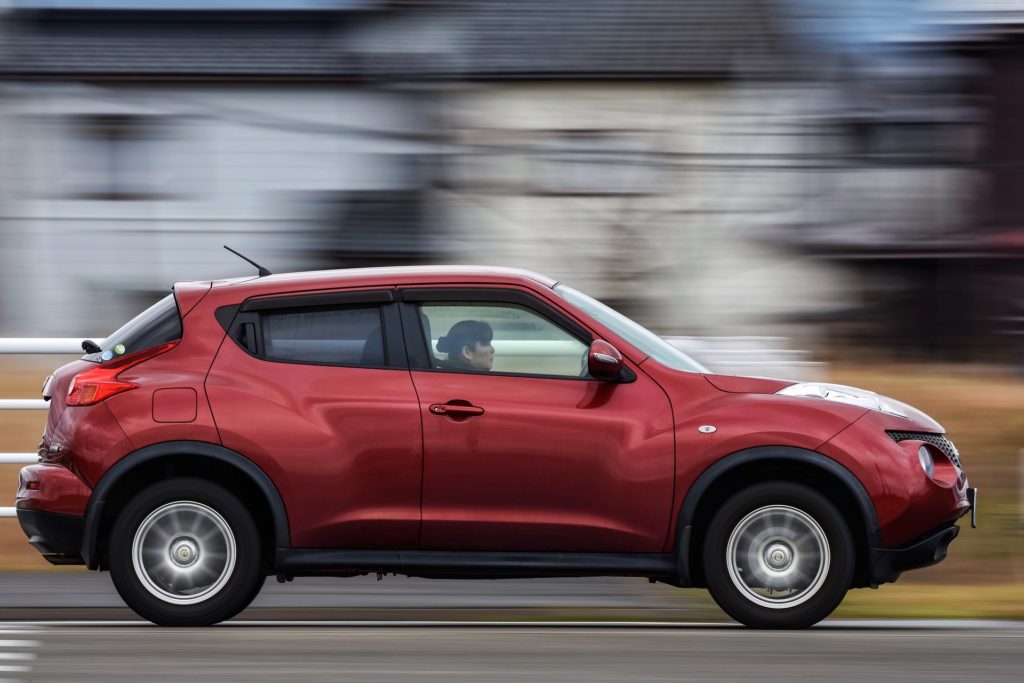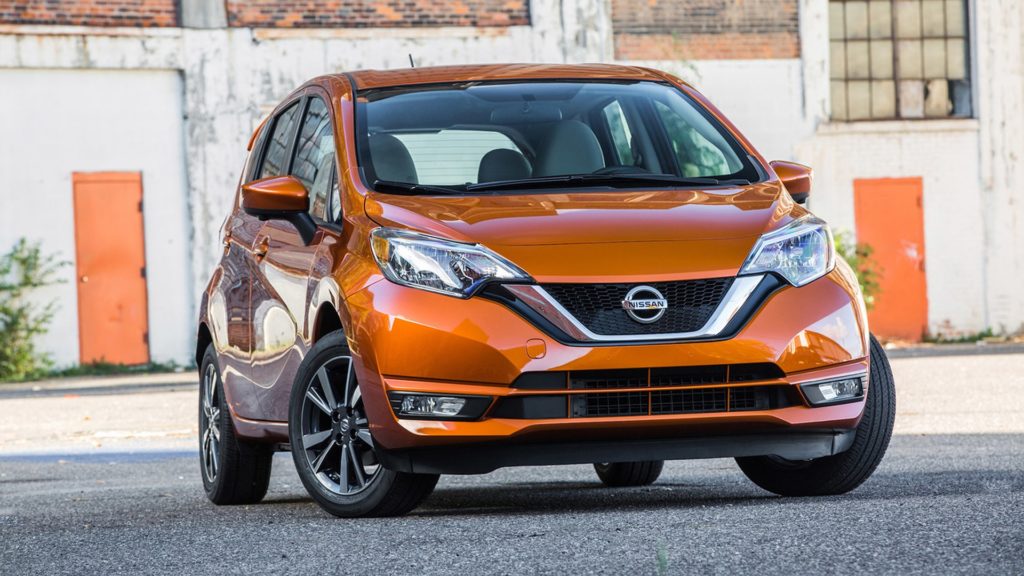Nissan is concerned about the reliability of salvage and recycled parts in collision repair.
Nearly every car manufacturer releases “Position Statements” that instruct body shops in how to perform repairs on their vehicles to the highest standard. While all body shops should have access to this vital information, not all shops take the time to read the statements and follow the directions expressed by the manufacturers.
At our shop, we closely examine these statements, because we make it our mission to provide the best possible repair to our Nissan customers.
In a statement released by Nissan, they explain in detail why they do not recommend the use of salvage or recycled parts in repairs of their vehicles:
“Nissan North America recognizes the importance of recycling, but the use of salvage/recycled parts to repair collision-damaged vehicles raises serious concerns about quality, suitability, safety and warranty. For this reason, Nissan North America DOES NOT approve of the repair of our vehicles with salvage parts or assemblies.”

Salvage and recycled parts come with a lot of risk.
Salvage and recycled parts can often have a questionable history. They might have been involved in a previous collision or damaged during normal wear and tear. They might have been in storage for a while or exposed to extreme temperature variations.
Because of these factors and the questionable conditions that the parts might have been exposed to, it’s nearly impossible to predict their durability and structural integrity.
Even the most minute disparities can lead to problems during assembly, as well as issues with the reliability of your repair.
Nissan makes a great point in their Position Statement:
“In cases where the donor vehicle was repaired due to a prior collision, recycled parts may not even be an original or genuine Nissan replacement part. At this time, there is no generally accepted process in place for the repair industry to regulate the quality or suitability of salvage/recycled parts.”
This is very important: there is no regulation of the quality of salvage and recycled parts. Without any regulations in place, it’s impossible to determine whether these parts are suitable for collision repairs.
Why new OEM parts are the best:
It’s extremely important to use the best replacement parts for your Nissan when repairs are needed, and the best parts are always new Original Equipment Manufacturer (OEM) parts.
According to Nissan:
“Nissan North America strongly believes that the interests of our owners and collision repairers are best served when Genuine Nissan replacement parts are used in the repair of our vehicles. We ask that the collision repair industry adhere to these guidelines going forward.”
The engineers at Nissan have rigorously designed, tested, and manufactured the parts for their specific vehicles. They only trust the parts they have produced to meet the qualifications necessary for your specific make, model, and vehicle year.
You’ll need new OEM parts if you want your vehicle to be as good as new after your collision repair.
Your warranty is at stake.
Another major reason to use OEM parts in your repair is that the parts you use affect your warranty. According to Nissan:
“Nissan North America’s New Vehicle Limited Warranty, and Limited Warranty on replacement parts do not apply to any parts other than Genuine Nissan original equipment parts. Nissan North America will not be responsible for any subsequent repair costs associated with a vehicle and/or part failure caused by the use of parts other than Genuine Nissan replacement parts.”
You risk voiding your warranty by using recycled or salvage parts on your Nissan, which might cause you major financial headaches down the road.

Not all shops follow these recommendations, but we do.
We take all manufacturers’ Position Statements very seriously at our shop, because we care about your safety AND your wallet.
Despite the recommendation to use new OEM parts in repairs, some shops will continue to use salvage and recycled parts, even though this choice can jeopardize your vehicle and your safety. It might shock you to learn that body shops are not forced to abide by the manufacturers’ guidelines.
When you take your Nissan to us for repairs, we will use only new Nissan OEM replacement parts so that you don’t risk future problems with your car that could potentially lead to an accident.
There is no guarantee that every shop will make the smartest and safest choice for your car, but rest assured, we always will.
